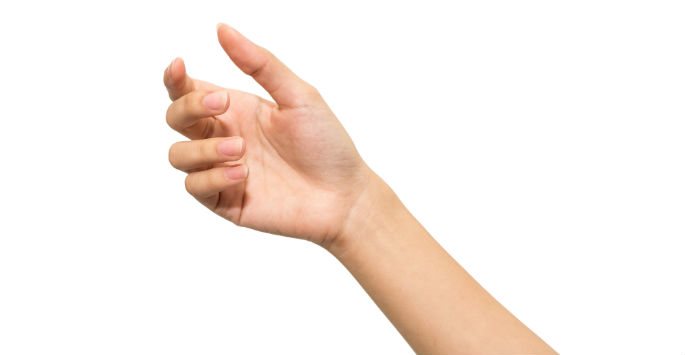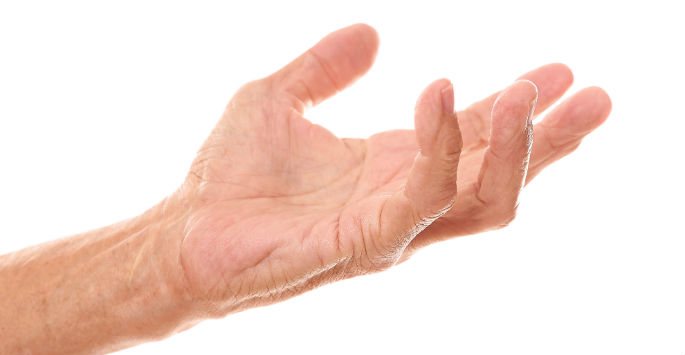If you are experiencing knotting in your fingers and palms, seeking treatment for Dupuytren’s syndrome at one of our hand doctor’s offices in southeast Michigan can help.
When you are the victim of Dupuytren’s syndrome, also known as Dupuytren’s contracture, your fingers begin to curl until they are tucked in against your palm. It may begin with only one finger. Eventually, all your fingers can be affected. It is a gradual process that may take place over a long time as the tissue on your palm tightens. Knots and cords can develop, making it impossible to straighten out the affected fingers. This can be debilitating. It can make it hard for you to do anything that involves flexibility with your fingers. Daily tasks can become a struggle.
Seeking Treatment for Dupuytren’s Syndrome at Arora Hand Surgery
Arora Hand Surgery will be able to offer you options to treat your condition. The first step is to come in to have your hand or hands evaluated. Your health history and any remedies that you have already tried will be taken into consideration. If your condition is mild and you have come in before it has spread to more than one finger, you may be able to find relief from conservative treatments. If that doesn’t work, you may be able to try other techniques. In time, you’ll have the flexibility that you used to have. You won’t have to feel self-conscious about the appearance of your hands anymore.
Don’t Give Up Hope
All too often, patients suffering from Dupuytren’s syndrome ignore the condition or think that there is nothing else that can be done. There are treatment options available. Each patient is different. Your treatment plan will be developed personally for you when you visit Arora Hand Surgery. Our team of caring professionals will help you to find answers when you are struggling with this sensitive issue.
Learn About Hand Treatment Options
You want to take back your hands from Dupuytren’s syndrome. You want your fingers to straighten out and have flexibility again. You don’t want to look at hands that have been changed by your condition. Make an appointment to have your consultation at Arora Hand Surgery, with offices in Howell, Warren, Macomb Township, and West Bloomfield. Contact us today to schedule a consultation!
















